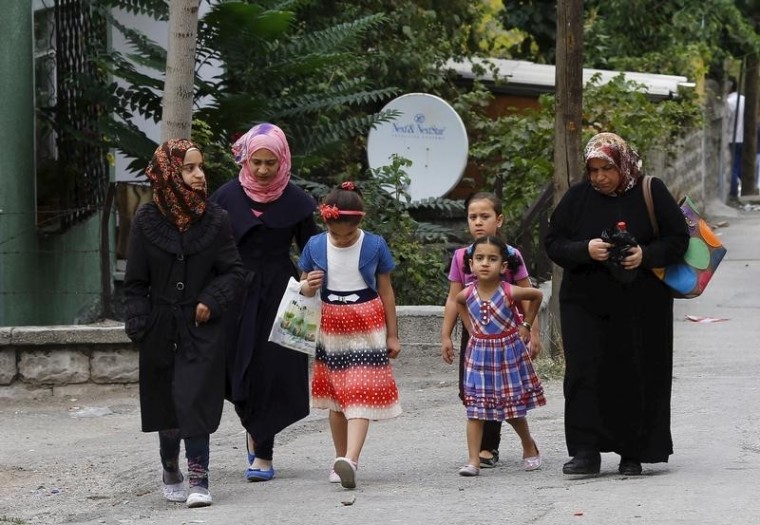

The refugee crisis is at a peak as recent reports by UNESCO indicating that the number of displaced people has topped 65.3 million due to ongoing violence and conflict.
The present situation has been labelled the worst since World War II, with masses of refugees fleeing into neighbouring countries in the Middle East and Europe. Urgent discussions are ongoing among the European Union (EU) countries and United Nations over the best response to mitigate the crisis.
Reports by the media have led to some commonly mistaken beliefs related to refugees. Such myths not only misrepresent the crisis and those involved, but can often lead to how people react to others in need.
UNESCO has debunked some of the commonly believed myths surrounding refugees:
Myth 1. Refugees are a European problem.
According to UNESCO, Europe is home to only 6% of global migrants, compared with 39% in North Africa and the Middle East, while the remaining 29% are spread across the rest of Africa. The majority of Syrian refugees are in Turkey, Jordan, Lebanon and Iraq.
Myth 2. Refugees are not desperate and are instead choosing to migrate.
UNESCO stated that by definition, refugees are people who flee across borders to run away from violent conflict or maltreatment. They are exercising their legal right to asylum, as stated in the Universal Declaration of Human Rights.
Myth 3. The majority of refugees are young, able-bodied men.
Over 75% of all Syrian refugees are women and children, while more than 50% of the refugees arriving in Europe are women and children.
Myth 4. Refugees snatch jobs from their host country.
The Organisation for Economic Co-operation and Development (OECD) states that refugees generate jobs. They expand the domestic market and generally create a job from each one they occupy.
Myth 5. Refugees are welfare cheats.
Research in the UK, Canada, Germany, Greece, Portugal and Spain has observed that most refugees pay a larger amount to public funds than they take from it.
Myth 6. Refugees and migrants bring terrorism with them.
The UN suggests that in recent times, citizens born in the host country have been responsible for the majority of terror attacks.
Myth 7. Developed countries have overloaded populations and cannot contain any more people.
Many nations are witnessing a decline in their native populations. Migrants can help to sustain these countries.